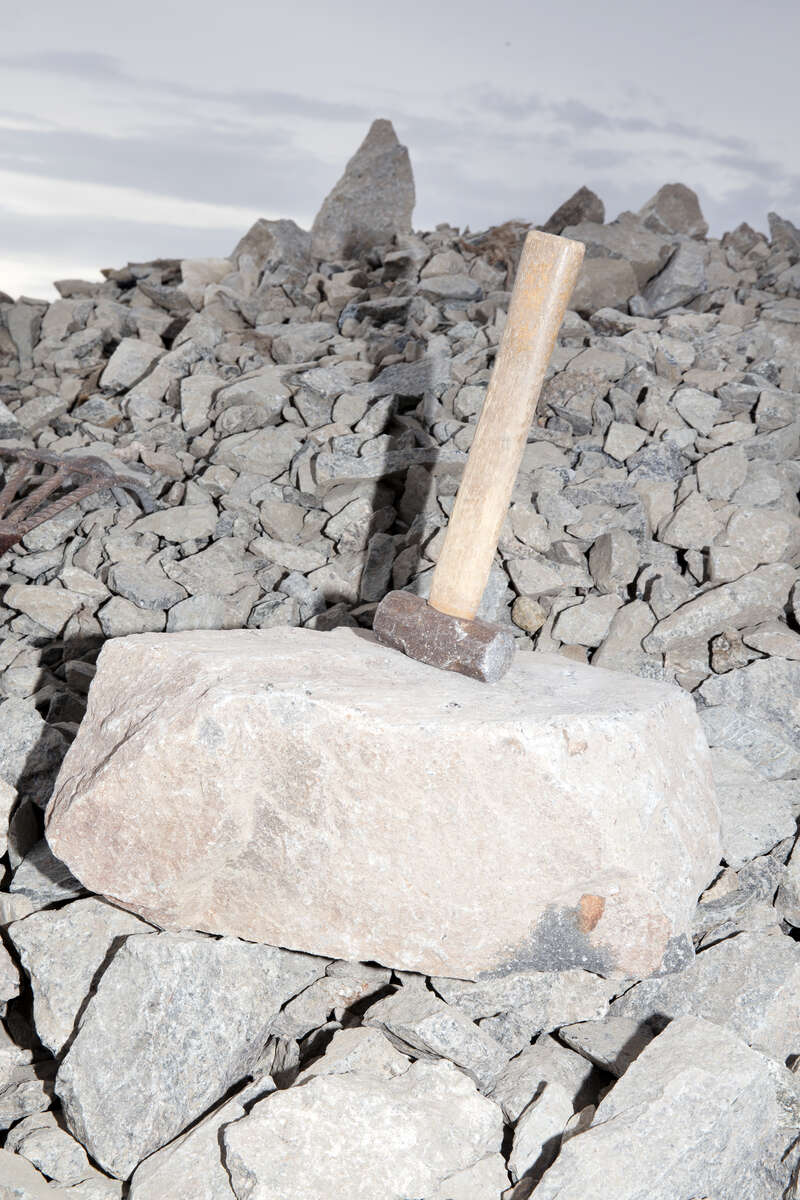
Hammer, Sweat of the Sun, The Canary and the Hammer, Lisa Barnard.
Call for Care
Deadline: Thursday, April 8
Trigger magazine is pleased to have the Biennale für aktuelle Fotografie on board as guest editor for its forthcoming issue, the theme of which is care. It’ll be published in November 2021. The Biennale’s next edition, curated by Iris Sikking, will be launched in March 2022. In issuing this call for submissions, Trigger and the Biennale hope to foster collaborative care, both with each other and our contributors.
Tom Viaene
Coordinator Trigger10 mrt. 2021 • 3 min
Who cares? Why do we/they care? What’s your notion of care? Does care for non-human species mean something else? How far does care stretch? And if you care, is it a start for change?
Matters of care are high on the political, and ethical and spiritual agenda. Much focus goes to pre-caring, making sure we can level certain imbalances and injustices in the future. Long-standing conflicts between global and local interests, the growing income gap, the unequal distribution of goods and care have become even more apparent during the pandemic.
Care can be fun. It can be painful. Care is collective, but it can be lonely too. Care is soft power, but can also lead to anger or be used as an instrument of political power. Once defended as a ‘female’ capacity, today’s care is both everywhere and in crisis. On the one hand, care-givers are celebrated as heroes of our time; on the other hand, working conditions are often precarious. This is true for most social and cultural professions as well as for those who take care of environmental and justice issues. Today’s care has become linked with pre-care-ity.
Who really takes care of these issues? Individuals, collectives, companies, cities, states? And what about today’s technologies? Artificial intelligence and algorithms, shape our bodies, our social lives and construct nature. IT seems to care too. Through the help of technology, information is spread, data are assembled, protests are formed and movements are initiated.
In the whole complex of caring, photography plays a special role by making conflicts and bodies of care visible through re-exploring the boundaries between art, activism and journalism. The editors of Trigger #3 are looking for projects, essays, contributions that clearly name conflicts of interest, that show attitudes and present positions that examine the possibilities and delusions of care. The following spheres of care can be seen as guiding:
- What do you care for? Why do you care?
- How does ‘care’ change in a world where the boundaries between humans and nonhumans (incl. AI) are hard to discern and arguably tenuous.
- Besides reshaping global responsibilities, what types of small, local, lively stories/forms of care demand attention too?
- How does the visual arts or photography envision the ‘careful’ relationship between artist and 'subject'? What possible tracks of ‘collective or collaborative care’ are opening up?
- How can we improve precarious labour conditions? How does care and fair practice relate to one another?
- What kind of critiques or delusions of care should we be aware of?
If interested, please follow the guidelines:
- Proposal should be maximum 200 words outlining your intent.
- Proposal deadline: Thursday, April 8
- Submit to: tom.viaene@fomu.be
If selected, the format/fee will be:
- Maximum 2000 words
- Payment is 0.20€ per word (incl. VAT)
- Visual essays or artist contributions vary from 200€ to 300€ euro’s
- Deadline for the contribution would be Monday, June 21 (negotiable if needed)
Please share and spread this call for proposals. Can be text, text and image, and image.
Contributions could vary from computational photography, to curatorial practices, to crossovers with popular culture, to collection studies, to observational documentary, to artcivism, to queer writing etc. We basically welcome essays, but also interviews, provocations and artist contributions. Contributors are asked to be attentive to the role played by issues of race, gender, class, and geopolitical location in determining how care is experienced, practised and gets corrupted.
For more information on Trigger contributions, please read our general submission guidelines.
Thank you.
Looking forward to your proposals!
Trigger team
Partners